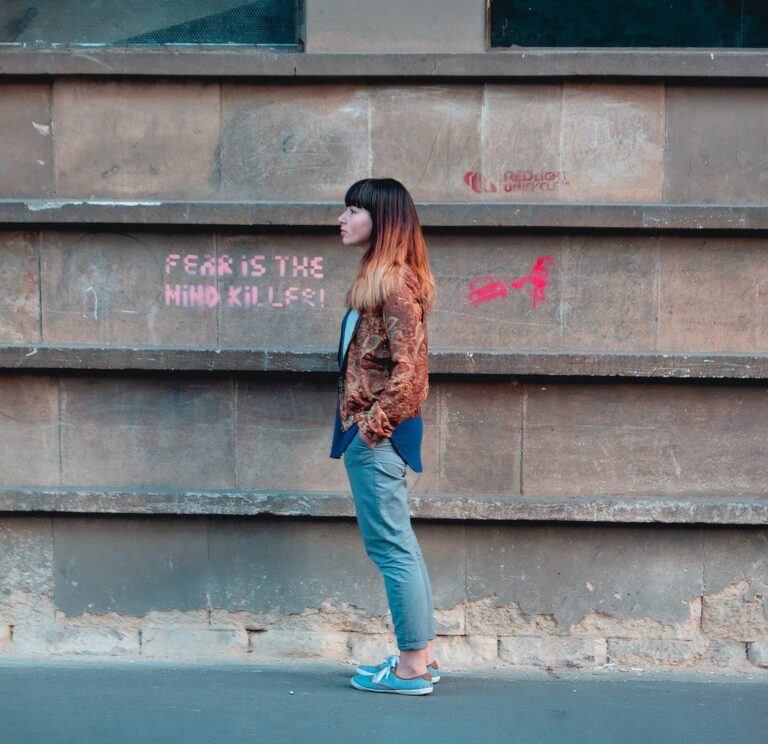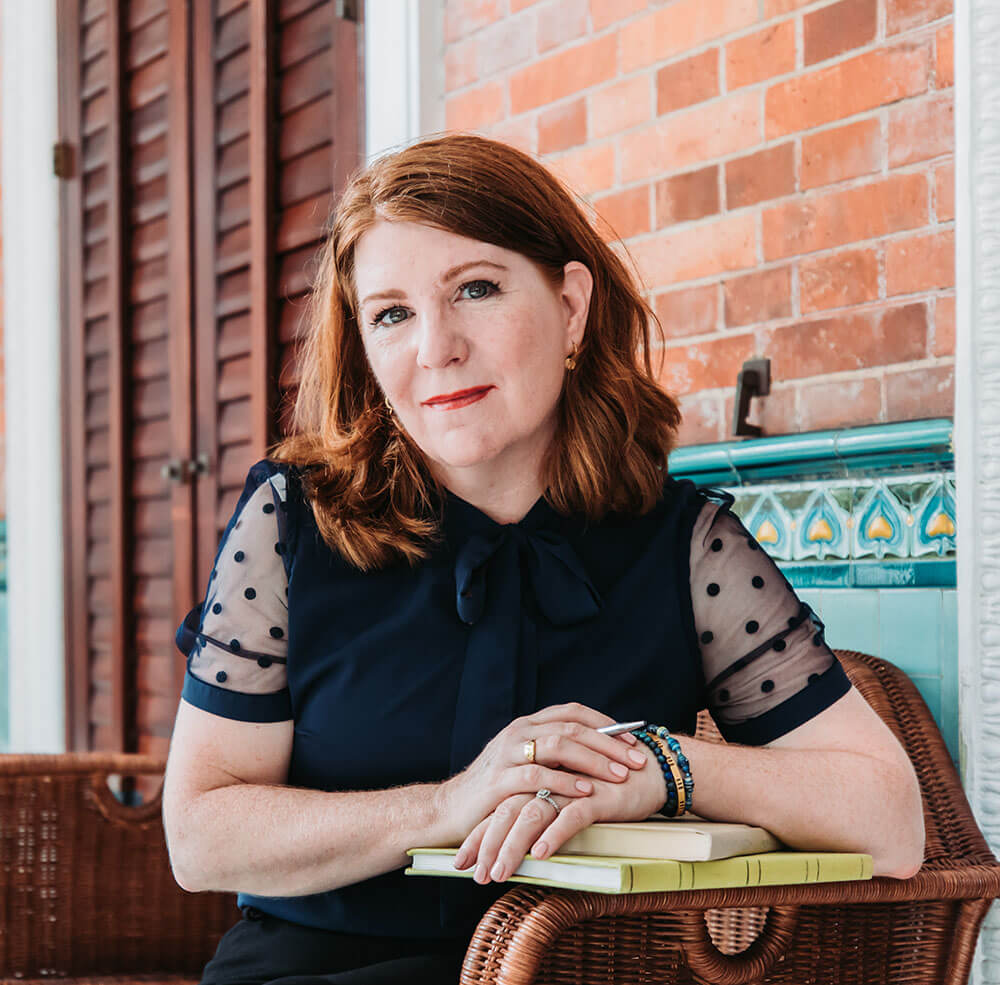 You guys. Parenting older teens and young adults is not for the faint of heart. Remember when we thought babies and toddlers were hard?? *insert cry face* Because I’d take teething toddlers any day over–nope, never mind, teething is awful. As our kids grow, parenting may get easier in some ways (more sleep) and infinitely more complicated in others. The stakes are higher and the consequences are legitimately life-altering. So it’s no wonder we’re a little concerned about the choices our kids make as young adults. Parenting young adult children in the best way is a tricky balance of letting go and being on constant standby support.
You guys. Parenting older teens and young adults is not for the faint of heart. Remember when we thought babies and toddlers were hard?? *insert cry face* Because I’d take teething toddlers any day over–nope, never mind, teething is awful. As our kids grow, parenting may get easier in some ways (more sleep) and infinitely more complicated in others. The stakes are higher and the consequences are legitimately life-altering. So it’s no wonder we’re a little concerned about the choices our kids make as young adults. Parenting young adult children in the best way is a tricky balance of letting go and being on constant standby support.
How do we do this well? Is there a way to navigate parenting young adult children that strengthens them, doesn’t just let them screw up their lives beyond repair and allows for a mutually respectful relationship?
I am firmly in this season with our 18 year-old middle child (aka, Pixie) right now, an d I want both of us to emerge on the other side of this happy and healthy. When Sunshine (now 21) was first making me grow up about this a few years ago, I asked older and wiser parents for advice.
Here is what they said and four essential truths I am learning parenting young adult children:
1. Parenting young adult children truth: We need to shut up.
I know. Ugh.
My young adult children DO NOT want (OR NEED) my unsolicited advice. That’s the truth a friend told me when I called her, asking for help in the new space Sunshine and I were stepping into. This friend has adult children she has a good relationship with, so that was a good sign that she had wisdom to share. And this is the first thing she shared with me.
Yes, this may kill us. But for the love, we need to shut up.
Let me just say–it’s so hard because I have SO MANY things to tell my kids and advice to give and useful things they should know!
But offering advice to my young adult children when they don’t ask for it just makes ME feel better. It doesn’t make them feel better. What it does to them is strip them of their confidence.
(Breathe. I know. This part of parenting is very hard. Stress eating cookies is really what is going to cause my middle-aged spread. Also, was teething really all that bad?)
There is certainly a time and a place for making sure they ‘see the reality of the situation’. Or that they ‘think it through’. But by my constant prattle with all of MY ideas, I tell my daughters that I don’t believe in them and their ability to make choices in their own lives.
And then they don’t believe they can trust their instincts. Or that they are capable of solving their own problems. It belittles their fledgling efforts at adulthood and makes it harder on them when they have to make the next decision. And the next.
All because I am, you know, trying to ‘help’.
When I always offer up my thoughts, I basically tell my children that they are not capable of figuring life out. And isn’t that what I’ve been training them for their whole lives? Literally, the entire work of their childhood has been about them learning how to take charge of their lives.
Listen, this is different from when my young adult children ASK for my advice. I’m talking about all the times I offer my thoughts or my perspective or my ideas when my children DO NOT ASK FOR IT.
Note: When my children tell me about things in their life, it does not mean they are asking for my advice. When they need my advice and ask for it, I will know. Because those golden words will be spoken: “Can you give me some advice?” or “What do you think?”)
If and ONLY when they ask for advice do I give it, and as succinctly as possible. It is not an opportunity to unload on them about everything I am thinking. Nor is it license to talk about any other parts of their life I have concerns about. It’s also not my chance to control the outcome.

Here’s another way of saying it, and the second truth that shapes healthy support of my young adult children:
2. Move out of the way.
(Note: At this stage of parenting, I honestly understand why people drink. That is all.)
How do I move out of the way? By not steering the outcome of their decision-making process to what I want it to be.
I have to resist the urge to control my kids’ behavior. Especially under the (very manipulative) guise of being helpful. You know what I mean—they tell us something they are doing or want to do and we shape the conversation by piping in with our fears. Or the what-ifs. Or questions that will lead them the direction WE want them to go.
And yes, you and I have wisdom and experience and could make things SO MUCH easier for our kids who are navigating this increasingly complicated world. But it’s like the story of the butterfly who gets helped out of the cocoon and who’s wings don’t fully develop as a result. Their wings need to exercise so they will be strong enough for the next thing. It’s a real thing.
So here is the question I have to wrestle with: Is it possible that I don’t know what is best for my young adult child? Is it possible that THEY know what is best for them? And that this stage of parenting is about stepping back and helping them see that they can trust themselves?
But the most useful thing to do is to let them make decisions and deal with the consequences, good or bad.
Which leads me to parenting truth number three:
3. What’s the worst that could happen?
Look, I about broke out in hives when my friend said this to me. She literally had to talk me through this concept. Especially when she suggested that my young adult children might best learn through their own experiences, by making mistakes.
And I was like, WHAT? WHY??
For reals—I was flabbergasted that people would choose to learn by making mistakes. Like, what the heck was all my painful life experience for if I couldn’t at least help my kids make good decisions?
I dunno. But that is MY life experience and it is 100% not cool of me to rob them of the chance to have THEIR life experience. Sometimes, their life experience will involve asking my advice, but I have to give it with the understanding that THEY know themselves best. There are things in their head and their hearts that I may not know, and probably don’t know. I want to empower them to believe in themselves and to know that I won’t run them over on my way to getting my way.
Now, here’s the important part of this step: the young adult gets the consequence, not me. If they make a mistake that creates discomfort and distress in their own lives, then that’s what they have decided. Also, if they make a decision and it has an awesome consequence, that’s also what their decision has led them to. Neither consequence is mine.
Note: just because I disagree with a choice doesn’t mean it’s a wrong choice. I have to remind myself of this often. I do not know all the circumstances in their lives or what is in their head and heart.
As young adults, they have access to the entire world of information and people.
They can find what they need to have the life they want in this world.
I do not need to spoon-feed them my helpful ideas.
I know. Ugh.
And I am not great at resisting this all the time yet. But I can definitely tell when my conversation has crossed the line (again) because my daughters will get a little defensive and shut down. And then I get to say, “I’m so sorry—you didn’t ask for my advice and here I am just yapping away! It sounds like you’re really thinking it through. I’m so proud of you. Want some coffee?”
Not to say that our young adult children’s choices don’t impact the family, because of course they do. This was part of the fear I had with watching these young adults navigate things—that the result of their choices would impact both their life and my life in a negative way.
But I can control how much of the consequence I want to bear. Even the really hard consequences—I am in control of what support I give or don’t give.
And so this has been my mantra: what’s the worst that could happen?
As much as I could help them avoid making choices that I would deem mistakes, I need to let go of trying to control things and trust that they know themselves better than I do. Also, they have had 18 solid years of my advice–it’s likely they’ve picked up a few things.
What I can control is my response to them and the decisions they make. If I want a healthy relationship with them, I need them to know that I will always love them, no matter what. There is not a single choice they could make that would change my love for them. Nothing. Sure, I may not like or agree with things they do, but I will always love them. The worst thing that could happen is that they would ever doubt this.
So what *can* I do in this shut up and move out of the way season of parenting young adult children? Aside from making sure they know my love is never conditional on their choices or behavior, what’s the most important thing I can do?

4. Parenting young adult children truth: Cheer them on.
They are truly trying so hard to figure out their place in this world. I am not going do stop talking to them or manipulate them with offers of support if they do what I want. What I am going to do is speak life into them. Encourage them.
And pray for them. Not to pray to get MY way in their life, but that they would seek and find real wisdom and truth. Sometimes their inaction is the result of fears because they don’t see their strengths, what they CAN do. I’m not saying young adult kids may not need an intervention—but I’d seek wisdom on that from another parent, first.
Because life is messy. And it doesn’t really get easier, as wise parents know. Our kids are cutting their teeth on this world and we are on the sidelines, holding the Tylenol and Orajel in case they ask for it.
(Bringing that teething analogy home!)
Honestly, they just want to look over and see us cheering them on, not their choices—cheering THEM on.
Instead of focusing on the choices they make, I am learning to respond to the growth I see in my girls. I can talk to Sunshine about the drive and dedication I see, even if I think she should quit that horrible job. I can tell Pixie how proud I am of how carefully she is researching possible career paths, even if I just want her to make.a.freaking.decision already.
So, if you see me staring out the window with a cookie in hand, please know that I am probably thinking through, ‘What’s the worst that could happen?’
Or praying. And practicing how to shut up and move out of the way. And thinking of how proud I am as I watch my girls learn and grow and boldly step out into the world, messes and all.
Did you know that brandy was once used to help teething babies? I hear that the directions went something along the lines of a little for the baby’s gums, the rest of the drink was for the parent.
Man, those parents were doing a serious job of pre-gaming.





